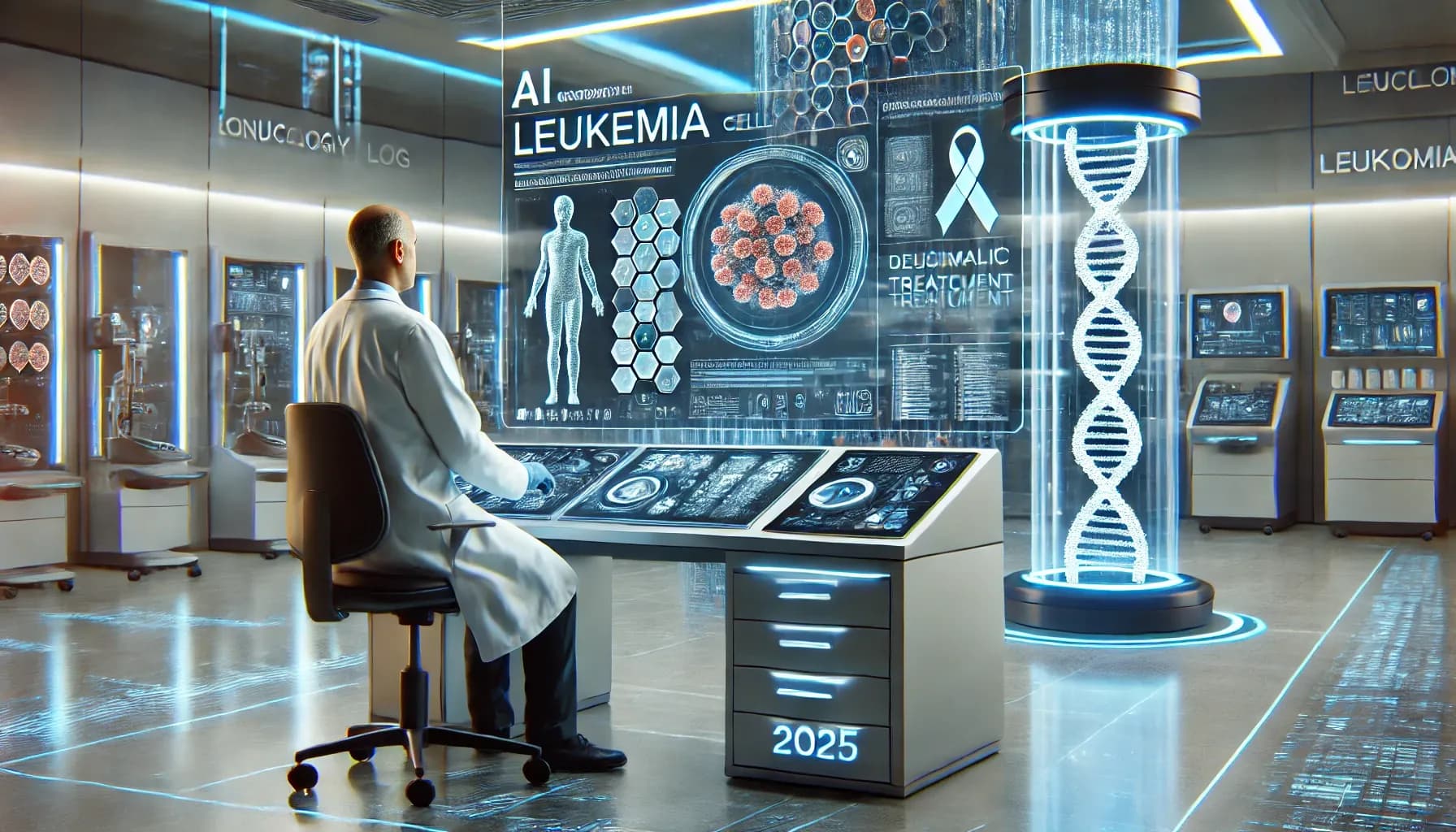Leukemia Treatment Just Changed Forever In 2025 — Here Are 7 Breakthroughs!
Leukemia treatment has entered a new era in 2025, with groundbreaking advancements offering safer, more effective, and highly personalized therapies. These seven revolutionary breakthroughs are changing how leukemia is diagnosed and treated forever.

1. AI-Driven Early Detection & Precision Medicine
Artificial intelligence (AI) is transforming leukemia diagnosis, detecting subtle cancer markers in blood samples and scans faster than ever before. AI is also creating personalized treatment plans, ensuring patients receive the most effective therapies based on their genetic profile.
2. Next-Generation CAR-T Cell Therapy
CAR-T cell therapy has evolved significantly, making it more effective with fewer side effects. New techniques enhance T-cell durability, allowing them to fight leukemia cells for longer periods, increasing remission rates in both children and adults.
3. Breakthrough Gene-Editing Treatments
Scientists are now using CRISPR-based gene editing to target and correct faulty genes that drive leukemia. These therapies aim to prevent cancer cells from multiplying, potentially reducing the need for chemotherapy.
4. Personalized mRNA Cancer Vaccines
Building on the success of mRNA vaccine technology, researchers have developed customized mRNA leukemia vaccines. These vaccines train the immune system to recognize and attack leukemia cells, reducing relapse rates and improving long-term survival.
5. Non-Toxic Targeted Drug Therapies
New small-molecule drugs and antibody-drug conjugates (ADCs) are offering highly targeted treatments with minimal side effects. These therapies directly attack leukemia cells without harming healthy cells, making treatment more tolerable for patients.
6. Stem Cell Therapy Enhancements
Stem cell transplants have become safer and more effective in 2025. Innovations in donor matching and immune system regulation have significantly reduced rejection rates and complications, making transplants a more viable option for many patients.
7. Digital Health & AI-Powered Monitoring
New AI-driven digital health platforms allow doctors to monitor leukemia patients in real-time. Wearable devices and smart blood tests track cancer markers and treatment responses, ensuring early intervention if relapse occurs.

